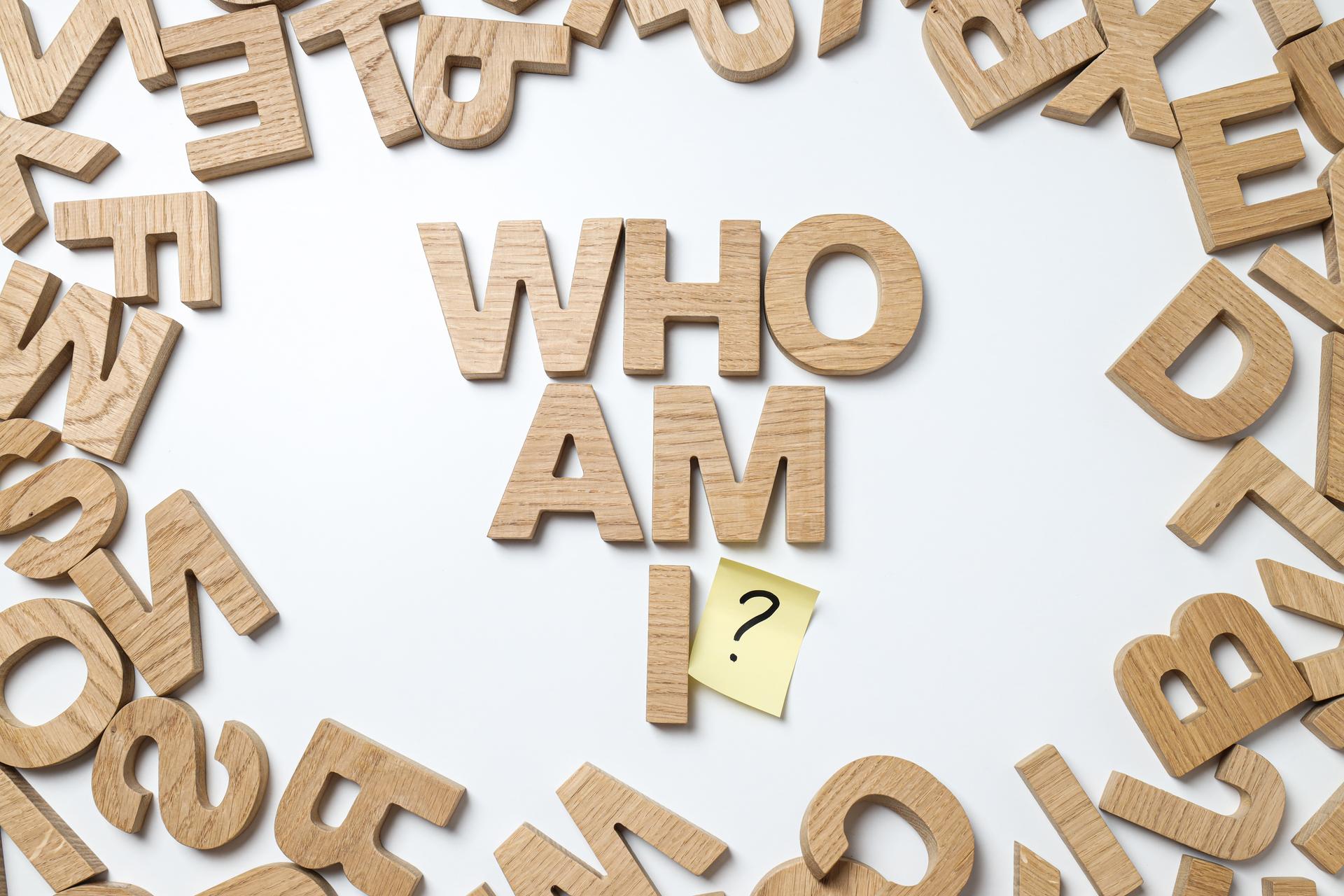Discovering Yourself Through Ontology: How Reflective Writing Helps You Find Who You Are

Ontology is a philosophical word that simply means the study of being. It asks one of the oldest questions humans have ever faced: What does it mean to exist?
At first, that question can sound abstract, but it’s actually the foundation of self-understanding. Every thought you have, every decision you make, every emotion that rises within you; all point back to the same, quiet mystery: Who am I beneath all of this?
We spend much of life learning to play roles. We become professionals, partners, parents, helpers, and friends. Yet somewhere beneath those roles lies something more profound: he authentic self that exists before titles, achievements, or expectations. Ontology invites us to return to that essence. It’s not about defining yourself in fixed terms, but about becoming aware of the living, changing experience of being you.
That’s where reflective writing becomes a bridge. When you write, you open a dialogue with yourself; not the polished version that moves through daily life, but the inner voice that often goes unheard. A blank page becomes a space where you can ask, *What do I truly feel right now? What matters to me? What am I longing for? * In that conversation, you begin to see yourself not as a list of labels, but as a human being in motion; growing, questioning, unfolding.
Writing has a way of revealing who we are when we stop trying to perform. It slows the noise of the outside world and allows something honest to emerge. Sometimes, the words come out confused or uncertain, and that’s exactly where discovery begins. Through journalling, we start to notice patterns: what energises us, what drains us, what brings peace, and what we avoid. Over time, these fragments form a portrait of who we are becoming.
Psychological studies, including the work of James Pennebaker, show that expressive writing helps people process emotions and build a stronger sense of identity. When we give language to our inner world, we organise our experiences into meaning. The act of writing transforms what once felt chaotic into something coherent. It allows us to say, This is what happened. This is how it felt. This is what it means to me now.
But reflective writing isn’t just about insight; it’s also about compassion. When you write freely, without judgement, you begin to relate to yourself differently. You become both the storyteller and the witness, seeing your own humanity with softness rather than criticism. This gentle witnessing is what helps the mind and body integrate difficult experiences. It’s how you begin to feel whole again. So, if you’ve ever wondered, "Who am I?" try not to search for a perfect answer. Instead, start a quiet conversation on paper. Ask questions like:
Who am I when no one is watching?
What do I value most deeply?
What parts of me am I still learning to accept?
Allow your responses to unfold naturally. You might be surprised at what surfaces when you stop thinking and simply let the pen move. In many ways, this is the heart of ontology; not a theory to understand, but an experience to live. To “be” is to stay curious about yourself, to recognise that your identity is not fixed, but constantly evolving. Reflective writing helps you trace that evolution. It becomes a map of your inner landscape, showing where you’ve been, where you are, and where you might wish to go.
And as you write, you may begin to notice something subtle but profound: that you are not your thoughts, your moods, or your circumstances. You are the awareness behind them; the steady sense of being that has always been there, quietly observing and becoming. Through reflective writing, you don’t just describe your life; you begin to inhabit it more fully. You meet yourself with honesty, compassion, and presence. You start to see that meaning isn’t something waiting to be found; it’s something you create each time you choose to listen to your own being.
🕯 Reflective Writing Exercise: Who Am I Becoming?
Find a quiet moment today to sit with your thoughts. Take a slow, steady breath and let your body soften. Open your journal, or the journalling space within the Happio app, and gently begin with these words:
Right now, I am…
Allow the sentence to lead you wherever it wants to go. Don’t force structure or sense; let your words flow freely. Write for five minutes without stopping, noticing how your thoughts shift as you stay present with them.
When you finish, read your words back slowly. Notice what feels true, what feels new, and what feels like it wants more attention. This is you, meeting your own being; not through theory, but through experience.
Each time you return to the page, you come home to yourself a little more.